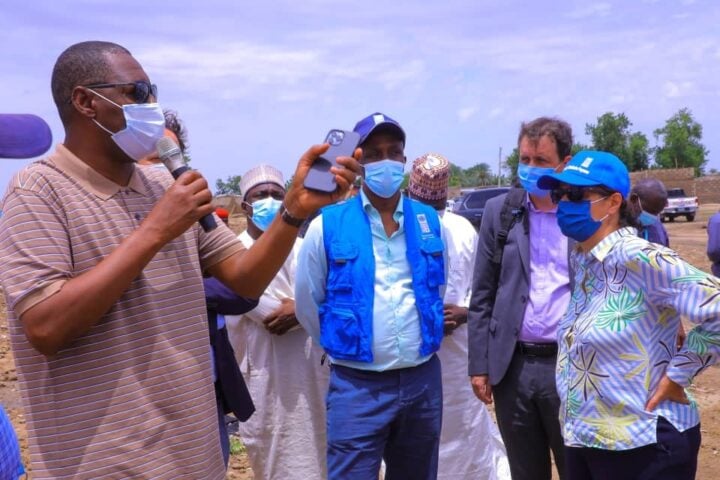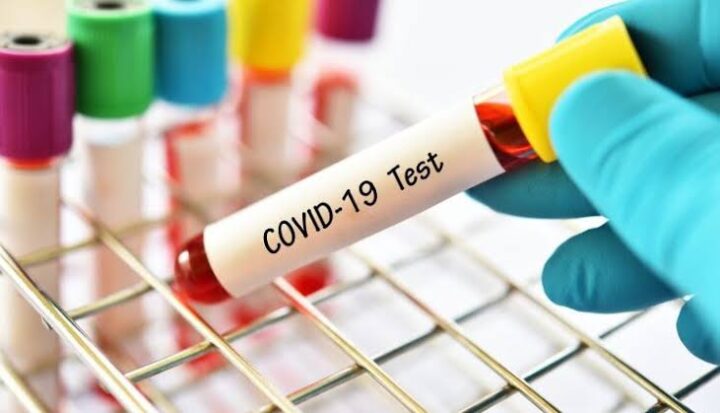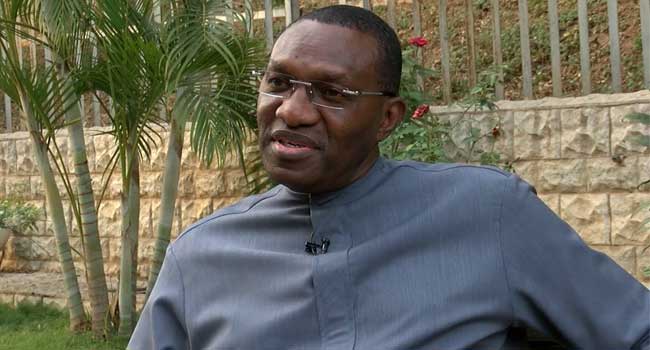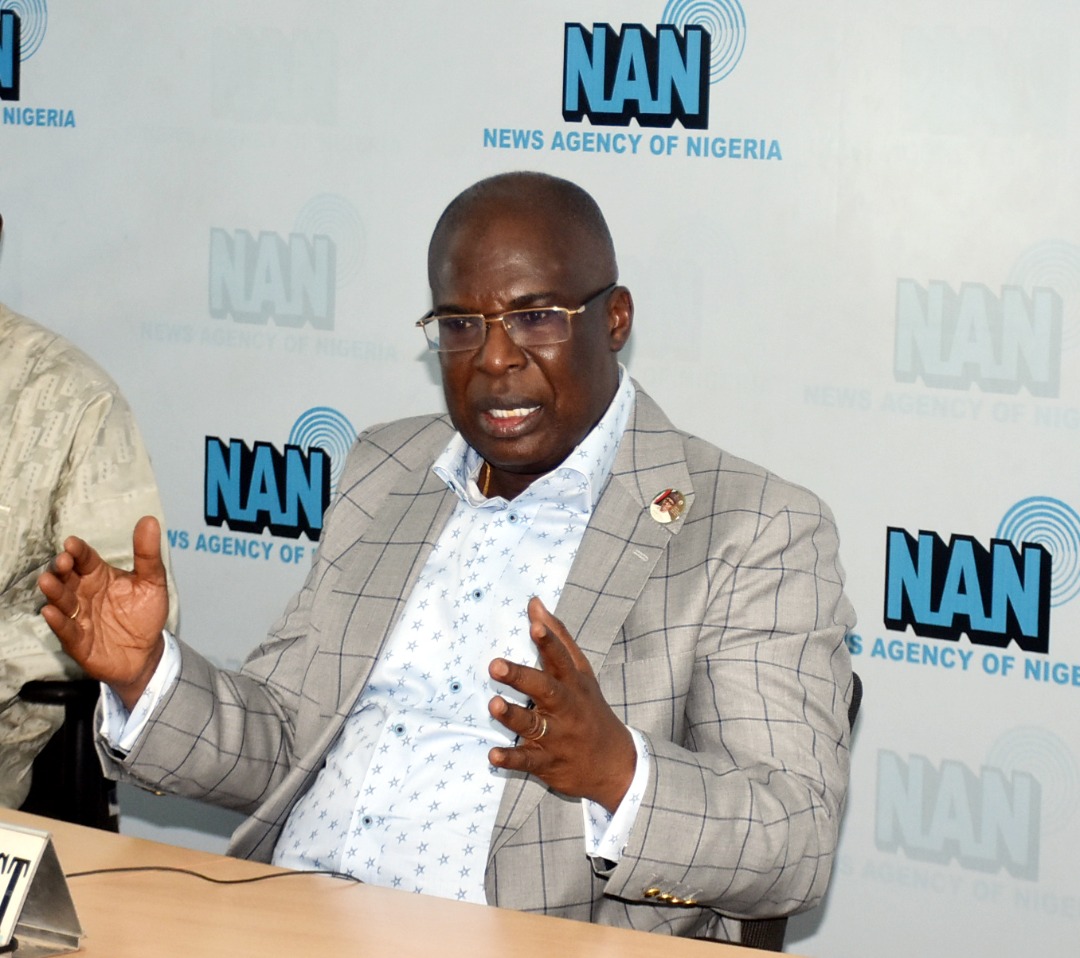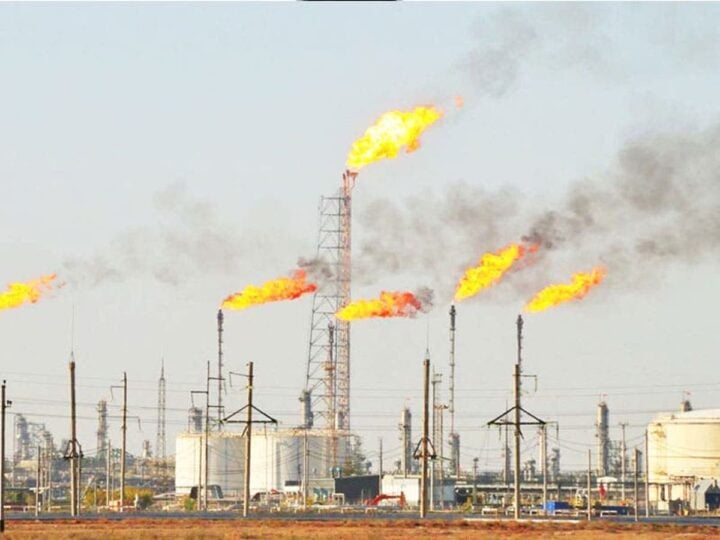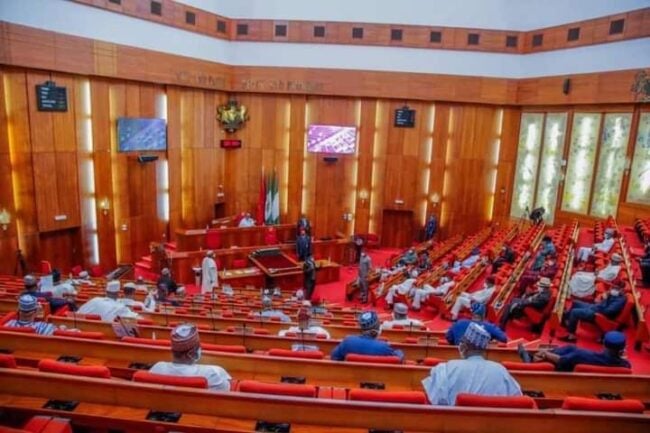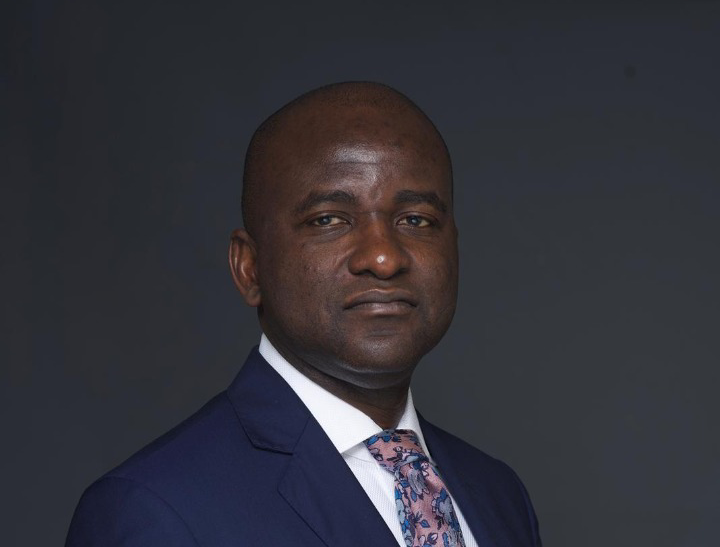United Nations (UN) says a total of 4.4 million people are facing food insecurity in the northeastern region of Nigeria.
On Wednesday, the Borno state government the UN hosted a high-level delegation of key partners to highlight humanitarian and development priorities in north-east Nigeria.
Delegates from Canada, the European Union, France, Germany, Norway, Switzerland, the UK and the US visited key locations to get an update on the humanitarian and development programming in the region.
The high-level delegation discussed the ongoing insecurity in the region, and how the protracted conflict in Nigeria has affected the Lake Chad Region, including its neighbouring countries of Cameroon, Niger and Chad for over 10 years.
Advertisement
The UN in a statement said “over 3.2 million individuals are displaced, with 4.4 million food insecure people at crisis and emergency levels and millions of civilians subjected to extreme hardships”.
“In north-east Nigeria alone, 13.1 million people live in areas affected by conflict, out of whom 8.7 million are in need of immediate assistance.”
Babagana Zulum, governor of Borno state, said the insurgency in the northeast has created one of the most severe emergencies in the world.
Advertisement
“The uncertainty arising from the conflict is hampering normal life making dependency on humanitarian assistance a necessity but an unwarranted norm,” Zulum said.
“While we thank our committed international stakeholders for their strong partnership and generous contributions to the stabilization of the north-east, I urge for continued support from all partners to continue to join us, wholeheartedly, in taking bold steps to promote development in the region.”
The mission included two parallel visits to Banki, Bama LGA as well as Maiduguri in Borno state.
“On behalf of the UN system, I wish to extend a deep sense of appreciation to our international partners for their continued support to the government and people of the BAY states as well as the Lake Chad region” Edward Kallon, resident humanitarian coordinator, UN Nigeria, said.
Advertisement
“The mission today has shown the power in combining development and humanitarian efforts, and it is clear that we must accelerate these contributions and find innovative ways to end this decade-long conflict if we are to meet our global, national and state goals to build back stronger”.
Delegates were able to visit the Banki IDP camp and the newly constructed police station and customs office on the border of Cameroon to learn how development efforts are increasing security and supporting the return of normalcy back in the community.
In addition, delegates were able to have a dialogue with the community-led Stabilization Committee and returnee representatives to hear first-hand from the community about their needs and challenges.
In Maiduguri, delegates had the opportunity to meet with members of the displaced population, and key humanitarian actors, who lead the various sectors of response.
Advertisement
During the visit the United Nations Office for the Coordination of Humanitarian Affairs (OCHA) took the delegation to Muna IDP camp and the Stadium IDP Camp, engaging with IDPs and partners who are supporting the two camps.
“Today’s high-level visit to Borno State, including Banki, has been a great opportunity to reassert the EU and the international community support to the implementation of the Lake Chad Regional Stabilization Strategy” Cecile Tassin-Pelzer, head of the EU delegation to Nigeria and ECOWAS, said.
Advertisement
“To date, the EU and its member states have committed around 56 million euros through the UNDP Regional Stabilization Facility. This is a concrete illustration of Team Europe’s contribution to the stability of Nigeria and the wider region”.
Catriona Laing, British High Commissioner, said she was “glad to have had the opportunity to visit communities in Borno and meet with Governor Zulum to understand the situation on the ground”.
Advertisement
“It is vital we ensure the safety and dignity of displaced people, act now to tackle worsening food insecurity, and support stabilisation efforts,” she said.
“The UK is providing a comprehensive package of support to the region, including lifesaving humanitarian aid for conflict-affected people and support for the Regional Stabilisation Facility”
Advertisement
Mary Beth Leonard, the US envoy on the visit, expressed gratitude to partners on the ground who directly “implement programmes made possible through U.S. humanitarian assistance totaling over $1.45 billion over the past 6 years”.
“There is no substitute for seeing and hearing from local residents and displaced families who are finding ways to live under the most austere conditions”.
Add a comment
